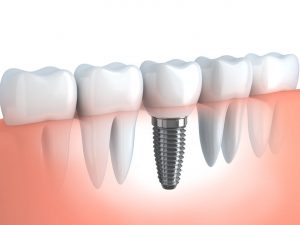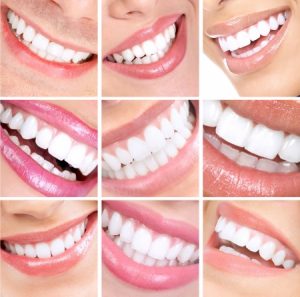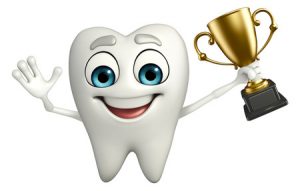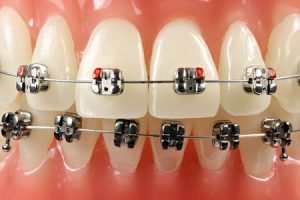The medical staff of endovascular clinics consists of vascular surgeons and interventional radiologists that provide advanced treatment for the circulatory system. The disorders treated in endovascular clinics are: brain aneurysms, cavernous malformations, carotid artery disease, arterial blockages (in kidneys or intestines), thoracoabdominal aortic aneurysms, arterial graft infections, thoracic outlet syndrome and hyperhidrosis.
PAD
Endovascular clinics offer safer and noninvasive techniques for vascular disease alongside catheter-based repair programs. Moreover, the main disorder treated in such clinics is peripheral arterial disease (also known as PAD). The main symptoms of this condition are: bad circulation, pain and stiffness, wounds that do not heal and blockage of arteries. PAD is caused by obesity, smoking or diabetes. As a result, it is a very common condition among the elderly and the obese.
Stroke and Amputation Prevention
Endovascular clinics also deal with stroke and amputation prevention. Blocked carotid arteries can result in strokes caused by high blood pressure, diabetes, smoking, high cholesterol and heart disease. Similarly, amputation is caused by diabetes and peripheral arterial disease. Therefore, in endovascular clinics, amputation prevention includes an evaluation and effort made by a team of physicians specializing in: podiatry, internal medicine, wound care, cardiology, primary care and vascular surgery.
Complex Vascular Procedures
Other types of procedures performed in endovascular clinics include complex vascular procedures such as: treatment of the kidney and suprarenal gland tumors, endarterectomy of the carotid arteries, surgical treatment of the retroperitoneal, the open reconstruction of abdominal aortic aneurysms, thrombosis of varicose veins, advanced endoscopic procedures, reconstructive surgery of abdominal blood vessels and treatment of tumors affecting extremities. As a result, the complex cases are approached with innovative care and multidisciplinary treatment leading to successful outcomes.
Interventional Neuroradiology
Interventional neuroradiology (also known as INR) is the newest subspecialty of radiology and it deals with vascular diseases of the spine, brain, neck and head. The technical complexity of INR requires extensive vascular and endovascular surgical experience. Moreover, there are unique techniques for spinal cord protection that patients can benefit from in an endovascular clinic.

State-of-the-Art Screening, Improved Care and Trial Surveillance
According to a vascular doctor Phoenix residents highly recommend, the expertise and excellence of endovascular surgery teams help deliver quality treatment and a full spectrum of procedures in the majority of endovascular clinics set up in Western countries. In addition, the clinics also provide: vascular laboratory testing, other types of non-invasive testing (plethysmography and duplex ultrasound), state-of-the-art imaging, follow-up care and improved patient care. Some even offer prospective studies and trials that patients can be enrolled in.
Modern Management and Protocols for Various Conditions
Besides treatment, screening and surveillance, Western endovascular clinics also give access to different types of management including wound and risk factor management. A few elite ones may also put into place a variety of protocols for conditions such as: chronic venous insufficiency and lymphedema, inflammatory disease, popliteal artery entrapment syndrome, vascular trauma, venous ulcers and visceral arterial disease.
Conclusions
Ultimately, the medical staff of endovascular clinics strives for the highest level of mobility and function for patients by offering them prosthetic options and diagnostic expertise that can save limb and life. Therefore, essential help can be found in clinics across Europe, Canada and the United States.









